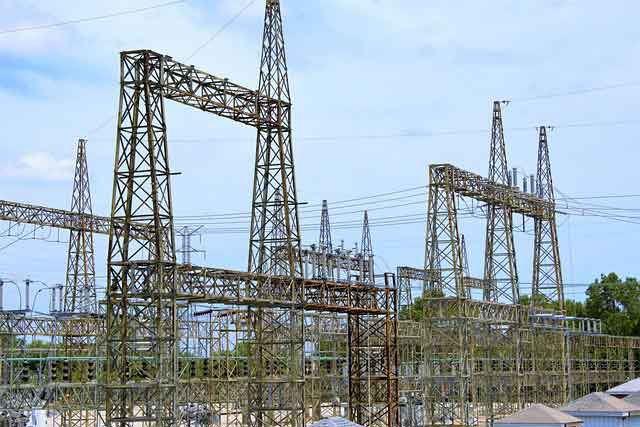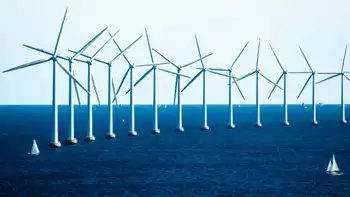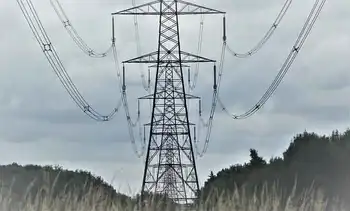The UK’s energy plan is all very well but it ignores the forecast rise in global sea-levels

NFPA 70e Training - Arc Flash
Our customized live online or in‑person group training can be delivered to your staff at your location.

- Live Online
- 6 hours Instructor-led
- Group Training Available
UK Marine Energy and Climate Resilience can counter sea level rise and storm surge with tidal power, subsea turbines, heat pumps, and flood barriers, delivering renewable electricity, stability, and coastal protection for the United Kingdom.
Key Points
Integrated use of tidal power, barriers, and heat pumps to curb sea level rise, manage storms, and green the UK grid.
✅ Tidal bridges and subsea turbines enhance baseload renewables
✅ Integrated barriers cut storm surge and river flood risk
✅ Heat pumps and marine heat networks decarbonize coastal cities
IN concentrating on electrically driven cars, the UK’s new ten-point energy plans, and recent UK net zero policies, ignores the elephant in the room.
It fails to address the forecast six-metre sea level rise from global warming rapidly melting the Greenland ice sheet.
Rising sea levels and storm surge, combined with increasingly heavy rainfall swelling our rivers, threaten not only hundreds of coastal communities but also much unprotected strategic infrastructure, including electricity systems that need greater resilience.
New nuclear power stations proposed in this United Kingdom plan would produce radioactive waste requiring thousands of years to safely decay.
This is hardly the solution for the Green Energy future, or the broader global energy transition, that our overlooked marine energy resource could provide.
Sea defences and barrier design, built and integrated with subsea turbines and heat pumps, can deliver marine-driven heat and power to offset the costs, not only of new Thames Barriers, but also future Severn, Forth and other barrages, while reducing reliance on high-GWP gases such as SF6 in switchgear across the grid.
At the Pentland Firth, existing marine turbine power could be enhanced by turbines deployed from new tidal bridges to provide much of UK’s electricity needs, as nations chart an electricity future that replaces fossil fuels, from its estimated 60 gigawatt capability.
Energy from Bluemull Sound could likewise be harvested and exported or used to enhance development around UK’s new space station at Unst.
The 2021 Climate Change Summit gives Glasgow the platform to secure Scotland’s place in a true green, marine energy future and help build an electric planet for the long term.
We must not waste this opportunity.
THERE is no vaccine for climate change.
It is, of course, wonderful news that such progress is being made in the development of Covid-19 vaccines but there is a risk that, no matter how serious the Covid crisis is, it is distracting attention, political will and resources from the climate crisis, a much longer term and more devastating catastrophe.
They are intertwined. As climate and ecological systems change, vectors and pathogens migrate and disease spreads.
What lessons can be learned from one to apply to the other?
Prevention is better than cure. We need to urgently address the climate crisis, charting a path to net zero electricity by the middle of the century, to help prevent future pandemics.
We are only as safe as the most vulnerable. Covid immunisation will protect the most vulnerable; to protect against the effects of climate change we need to look far more deeply. Global challenges require systemic change.
Neither Covid or climate change respect national borders and, for both, we need to value and trust science and the scientific experts and separate them from political posturing.











